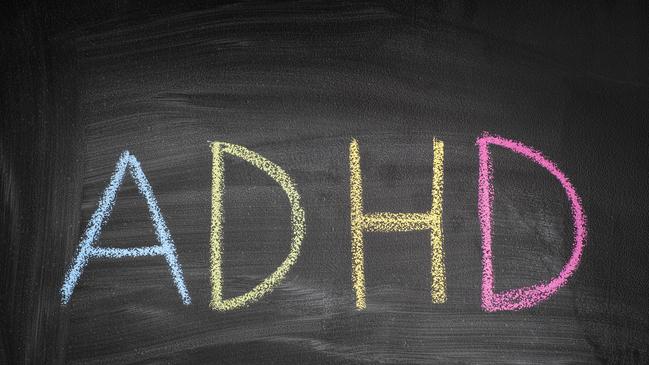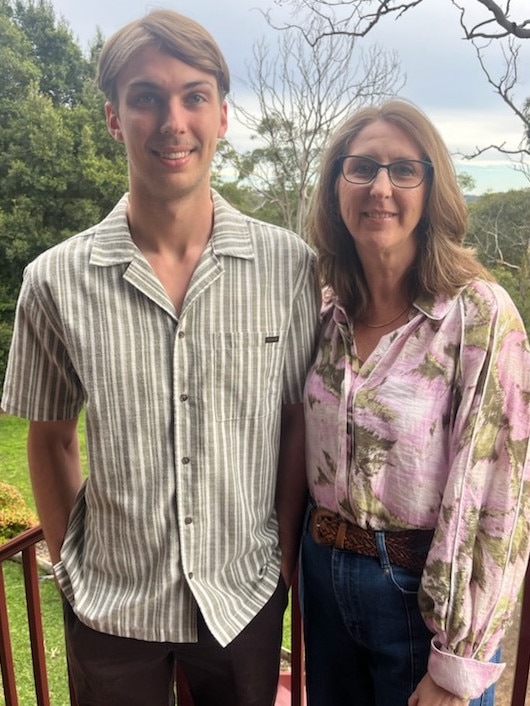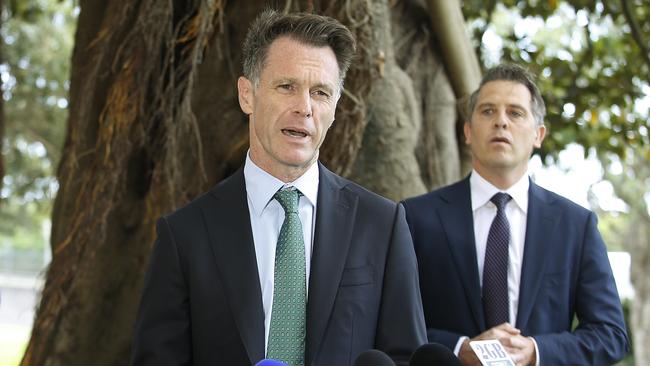GPs with specialist training to be able to diagnose and treat ADHD
ADHD is a common but misunderstood disorder that can cost patients thousands of dollars for a diagnosis. Soon, access to diagnosis and treatment will become easier for some.

General practitioners in NSW will soon have the power to diagnose and treat patients with Attention Deficit Hyperactivity Disorder in a significant medical overhaul designed to make it easier and cheaper for patients to access “life-changing” care.
Most patients who are suspected of having ADHD require a diagnosis, case management and ongoing prescriptions to be handled by a treating psychiatrist and or paediatrician. However, specialists are under significant pressure and many have had to close their books to new clients.
In NSW, the situation has been further amplified by a bitter stoush between the government and psychiatrists who work in the public system, with many walking away from their jobs because of poor pay and conditions.
Even without that complexity, patients have been left languishing on specialist waitlists for months or even years just to get a diagnosis, the cost of which often blows out to anywhere between $2000 and $5000, depending on where the patient lives.
Even once they receive a diagnosis, only certain specialists in NSW can prescribe ongoing medication.
It’s a situation Neridah Armstrong has first-hand experience in. Her now adult son Andrew was diagnosed with ADHD when he was eight and he began taking medication for it when he was 16. “Life-changing, that’s how I’d describe treatment for ADHD,” the mother of seven said.

However, when Andrew’s specialist retired, the family found it difficult to find a psychiatrist to take over his management; Andrew was forced to ration his medication just as he was preparing to start university.
“As a mother, I fought tooth and nail and searched high and low, and with a bit of luck we were able to find a psychiatrist for Andrew,” Ms Armstrong said. “It was an anxious process waiting to get to the top of the wait list.
“I will do anything for my children, it’s what parents do. But it really shouldn’t be that hard. There’s got to be an easier way to access life-changing care.”
In Queensland, GPs are able to prescribe the medications and Western Australia has pledged to do the same. However, what is being proposed in NSW takes it a step further.
In coming months, the NSW government will call for expressions of interest from GPs interested in undertaking one of two tiers of extra training and endorsement. The first tier will allow up to 1000 GPs to provide ongoing ADHD prescriptions for children and adults on stable doses of medication, without the need for a formal arrangement.
The second tier will allow a smaller group of GPs to diagnose and initiate medication for patients, where deemed appropriate. Those GPs will require more training and accreditation, with the state to provide funding to allow that to happen.
“By safely training more GPs to treat and diagnose ADHD, we are hoping to break the cycle of people having to wait years for what can be a life-altering diagnosis,” NSW Premier Chris Minns said. “Not getting diagnosed can have a particularly big impact on a child getting the most out of their life, whether that’s academically or socially.”

The changes will be introduced in stages from early 2026, with childhood prescriptions the first priority.
“The option to see a GP to manage ADHD will provide a timely, safe and appropriate pathway to care, while relieving pressure on in-demand specialists,” NSW Health Minister Ryan Park said. “We’re not going to stand idly by while people struggle to access life-changing treatment.”
Rebekah Hoffman, the NSW and ACT chair of the Royal Australian College of General Practitioners, said the concept had been developed in collaboration with the Royal Australian and New Zealand College of Psychiatrists and the Royal Australasian College of Paediatricians.
“It definitely is something where every player is at the table and every voice is heard to make sure it is done appropriately and safely,” she said. “They’re definitely on board and happy for GPs to manage this, as long as they’ve got the appropriate training and appropriate backing, which we’re making sure that we do.
“GPs in many parts of Australia, and around the world, are already diagnosing ADHD and prescribing medications. Our colleagues in Queensland, for example, have been safely prescribing ADHD medications since 2017.”
There are three types of ADHD: impulsive/hyperactivity, inattentive, and a combination of the two – which is the most common. While males are often diagnosed in childhood, females can fall through the cracks and are more likely than men to be diagnosed as adults.
Without a diagnosis and proper treatment, those with the condition can experience significant difficulties controlling impulsive and sometimes risky behaviour and are more likely to experience substance misuse.
Patient advocates have been calling for changes to make it easier for people to be diagnosed with the neurodevelopmental disorder for years and Dr Hoffman hopes a similar approach will be adopted elsewhere in coming years.
According to Australia’s drug regulator, significant shortages of some ADHD medications will remain throughout 2025.
Patients having difficulties accessing their medication are advised to speak with their pharmacist or prescribing doctor.





To join the conversation, please log in. Don't have an account? Register
Join the conversation, you are commenting as Logout